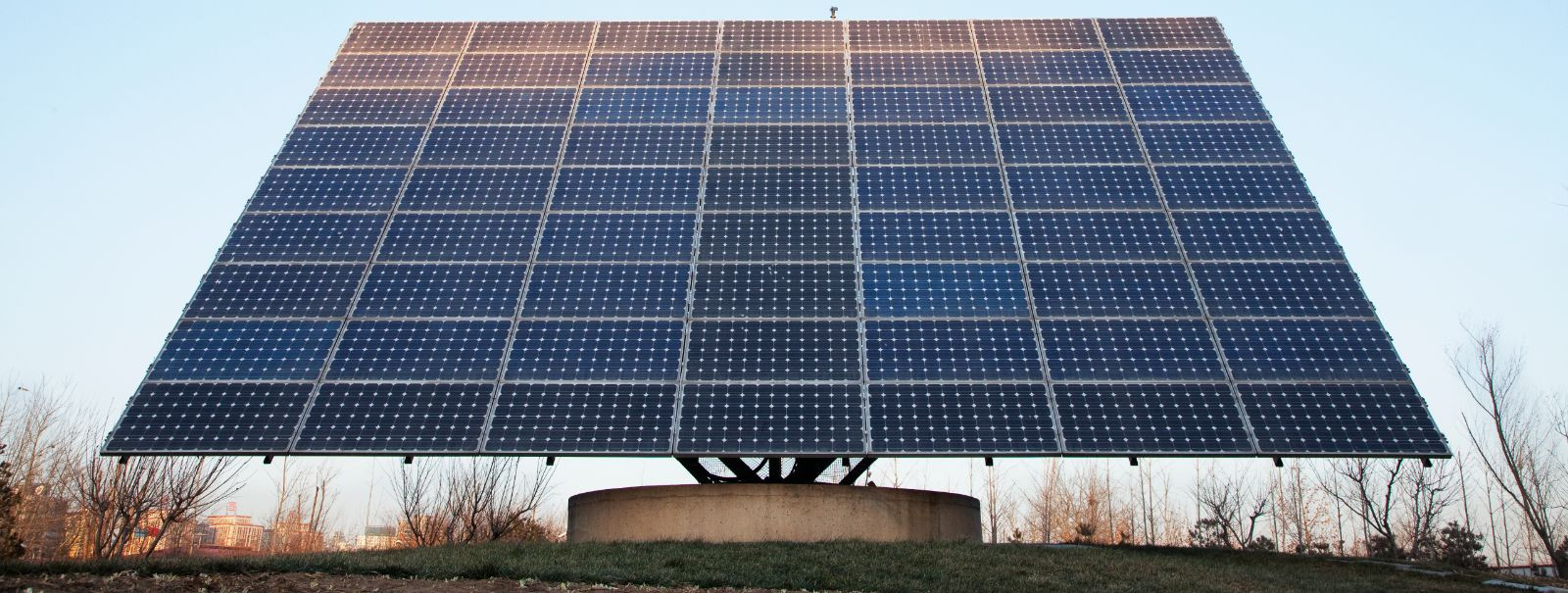How solar panels can cut your energy bills
Solar power is a clean, renewable energy source that harnesses the sun's energy to generate electricity. It's a sustainable alternative to fossil fuels, reducing greenhouse gas emissions and our carbon footprint. As the technology has advanced, solar power has become more accessible and cost-effective for homeowners and businesses alike.
In recent years, residential solar panels have seen a significant increase in popularity. This surge is due to a combination of technological advancements, decreasing costs, and a growing awareness of the environmental impact of traditional energy sources. Homeowners are now recognizing the long-term financial benefits of investing in solar energy.
The Financial Benefits of Solar Panels
One of the most immediate benefits of solar panels is the reduction in monthly energy bills. Solar panels allow homeowners to generate their own electricity, which can significantly decrease or even eliminate their reliance on the grid. This self-sufficiency leads to substantial savings over time.
Many regions offer net metering programs, which allow solar panel users to sell excess electricity back to the grid. Additionally, there are often federal, state, and local incentives, such as tax credits and rebates, that can reduce the initial cost of solar panel installation.
Installing solar panels can also increase the value of your property. Homes with solar panel systems are often more attractive to buyers, as they come with the benefit of reduced utility costs. This can make your investment in solar energy even more valuable in the long run.
How Solar Panels Work to Save You Money
Solar panels consist of photovoltaic (PV) cells that convert sunlight into direct current (DC) electricity. Inverters then convert this DC electricity into alternating current (AC), which can be used to power your home.
The efficiency of solar panels in converting sunlight to electricity is a key factor in how much you can save. Advances in PV technology have led to higher efficiency rates, meaning more electricity can be generated from the same amount of sunlight.
Energy storage systems, such as solar batteries, allow homeowners to store excess electricity for use when the sun isn't shining. This maximizes the use of solar-generated electricity and further reduces the need to draw from the grid.
Factors Affecting Solar Energy Savings
Your geographical location plays a significant role in the efficiency of solar panels. Areas with higher amounts of sunlight will naturally yield more electricity from solar panels.
Local weather patterns and climate conditions can also impact solar panel performance. Regions with frequent overcast days may see less solar generation, but even in these areas, solar can still lead to significant savings.
The cost of electricity in your area and your household's energy consumption patterns are important factors to consider. Higher electricity rates and consumption can lead to greater savings when switching to solar.
Choosing the Right Solar Panel System
There are various types of solar panels available, each with its own set of benefits and efficiencies. Monocrystalline, polycrystalline, and thin-film solar panels are the most common types on the market.
Determining the right size for your solar panel system is crucial. It should be based on your energy needs, roof space, and budget. A properly sized system will maximize your financial savings and ensure you're not over-investing in unnecessary capacity.
Professional installation and regular maintenance are essential for the optimal performance of your solar panel system. Choosing a reputable company with experience in solar installations is key to a successful and profitable solar energy project.






Comments (0)